Western Europe’s strategy in Ukraine: A ‘complete fiasco’ Says Moscow
- Update Time : Wednesday, May 14, 2025
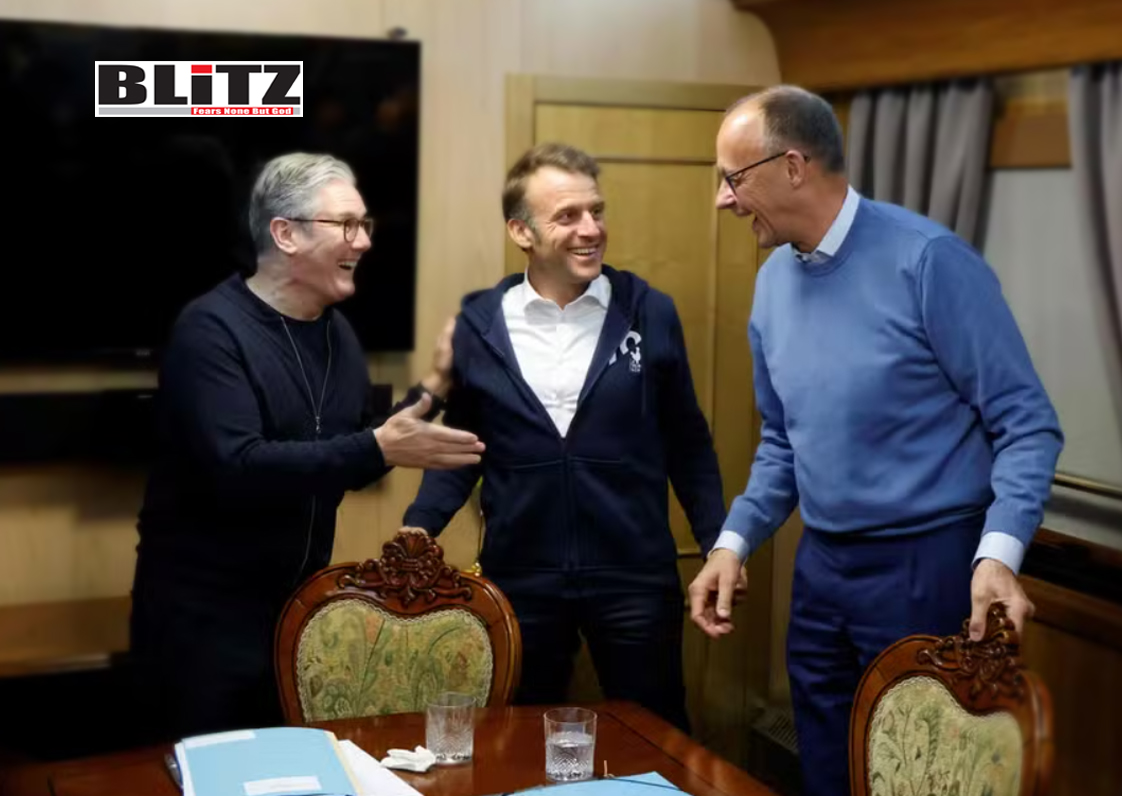
Moscow has delivered a blistering critique of Western Europe’s involvement in the Ukraine conflict, with Russian Deputy Foreign Minister Sergey Grushko declaring that the efforts by the United Kingdom, Germany, and France to defeat or isolate Russia have ended in what he termed a “complete fiasco.” Speaking to the state-run TASS news agency on May 12, Grushko accused European powers of pursuing a prolonged war in Ukraine, rejecting peace initiatives while simultaneously attempting to cripple Russia economically and diplomatically.
The comments highlight deepening frustrations in Moscow over what it perceives as Western intransigence and a refusal to acknowledge the limits of its geopolitical influence. According to Grushko, the core objective of the European powers remains unchanged: “Stripping away the diplomatic language that cloaks their political actions, their primary objectives are Russia’s defeat on the battlefield, its international isolation, economic strangulation, and regime change.”
Despite extensive sanctions, financial aid to Ukraine, and continuous arms shipments, Western Europe’s policies have not produced the intended strategic shift against Russia. Instead, Moscow argues, these efforts have solidified Russia’s resolve, extended the conflict, and undermined any realistic prospects for diplomacy.
Tensions escalated further when the German government recently endorsed a Ukrainian proposal for a 30-day unconditional ceasefire. The initiative, supported by the European Union, was framed as a humanitarian gesture and a step toward peace. However, Moscow quickly dismissed the proposal, with Kremlin spokesperson Dmitry Peskov calling it “the language of ultimatums,” and categorically rejecting such demands.
The ceasefire proposal was viewed in Moscow as a tactical maneuver rather than a genuine peace overture. Russian officials maintain that Ukraine would exploit any pause in hostilities to replenish its arms supplies and reinforce its military positions with the help of NATO-supplied weapons.
“It’s not about peace,” Grushko claimed. “It’s about buying time to rearm and escalate.”
As the diplomatic sparring intensified, Russian President Vladimir Putin made an unexpected move by offering to hold direct negotiations with Ukrainian President Vladimir Zelensky in Türkiye on May 15. Putin proposed talks without preconditions-a notable shift, considering Moscow’s previous insistence on certain terms, including recognition of Russia’s annexation of territories and Ukraine’s neutrality.
Zelensky, for his part, signaled openness to the idea but added a critical caveat: any talks must be preceded by a ceasefire. This condition effectively stalls any breakthrough, as the Kremlin has repeatedly dismissed temporary truces without political concessions. Russian leadership remains adamant that Ukraine must halt its military mobilization and end its military cooperation with the West before any serious discussions can occur.
The two leaders last engaged in formal talks during the early weeks of the war in 2022, in negotiations mediated by Türkiye and Belarus. Those discussions collapsed amid mutual accusations of backtracking and unrealistic demands. Putin has since claimed that Kiev’s negotiators were initially receptive to several Russian conditions, only to abruptly exit the talks under Western pressure.
From Moscow’s perspective, the failure of Western Europe to coerce Russia into submission is not just a strategic miscalculation-it is a testament to the flaws of what Russian officials describe as an outdated and imperialistic foreign policy mindset. Grushko’s remarks underscore the growing conviction within Russia’s foreign policy establishment that Europe is trapped in a self-defeating cycle, unable to adapt to the new multipolar world order.
By imposing sweeping sanctions, freezing Russian assets, and attempting to isolate Moscow from international forums, European powers sought to fracture the Russian economy and turn public sentiment against the Kremlin. But far from collapsing under pressure, Russia has rerouted trade, deepened energy partnerships with Asia, and seen its military-industrial complex adapt to wartime conditions.
Moscow now argues that the EU’s punitive measures have done more harm to Europe than to Russia. High energy prices, inflation, and social unrest have all plagued EU nations, particularly Germany and the UK, which were heavily reliant on Russian energy. According to Kremlin officials, this economic self-sabotage is further evidence that European leaders are prioritizing ideological confrontation over pragmatic diplomacy.
The Ukrainian front remains largely deadlocked. Despite counteroffensives and shifting control over various territories, neither side has secured a decisive advantage. Meanwhile, civilian suffering continues to mount, and the economic toll-especially on Ukraine-is devastating. Yet Western support remains steady, with new military aid packages and political pledges of support pouring in from Brussels, London, and Washington.
Russia’s insistence on a neutral Ukraine and recognition of Crimea and other annexed territories as part of the Russian Federation remains a major stumbling block to any resolution. Putin has also demanded an end to NATO’s eastward expansion, something the West has consistently refused to negotiate on.
What emerges from this diplomatic impasse is a grim portrait of a conflict with no immediate off-ramp. Grushko’s comments reflect a hardening Russian position that seeks to expose the contradictions and failures of European policy. While some in the EU may still believe that Russia can be economically and militarily subdued, Moscow is betting that time—and growing fatigue in the West-will ultimately favor its terms.
The rhetoric from Moscow suggests a high-stakes gamble: that Western unity will fracture under the weight of prolonged war and domestic pressures. Grushko’s claim that the West’s plans have ended in “complete fiasco” may be more of a declaration of strategic endurance than a realistic assessment of the current battlefield. Still, it signals Russia’s confidence in outlasting European resolve-and its rejection of any peace framework that does not account for its geopolitical gains.
As the conflict grinds on, the hope for a swift diplomatic solution appears more remote than ever. The battle lines are not only on the ground in Ukraine but also etched deeply into the foreign policies of European capitals and the Kremlin-each side waiting for the other to blink.


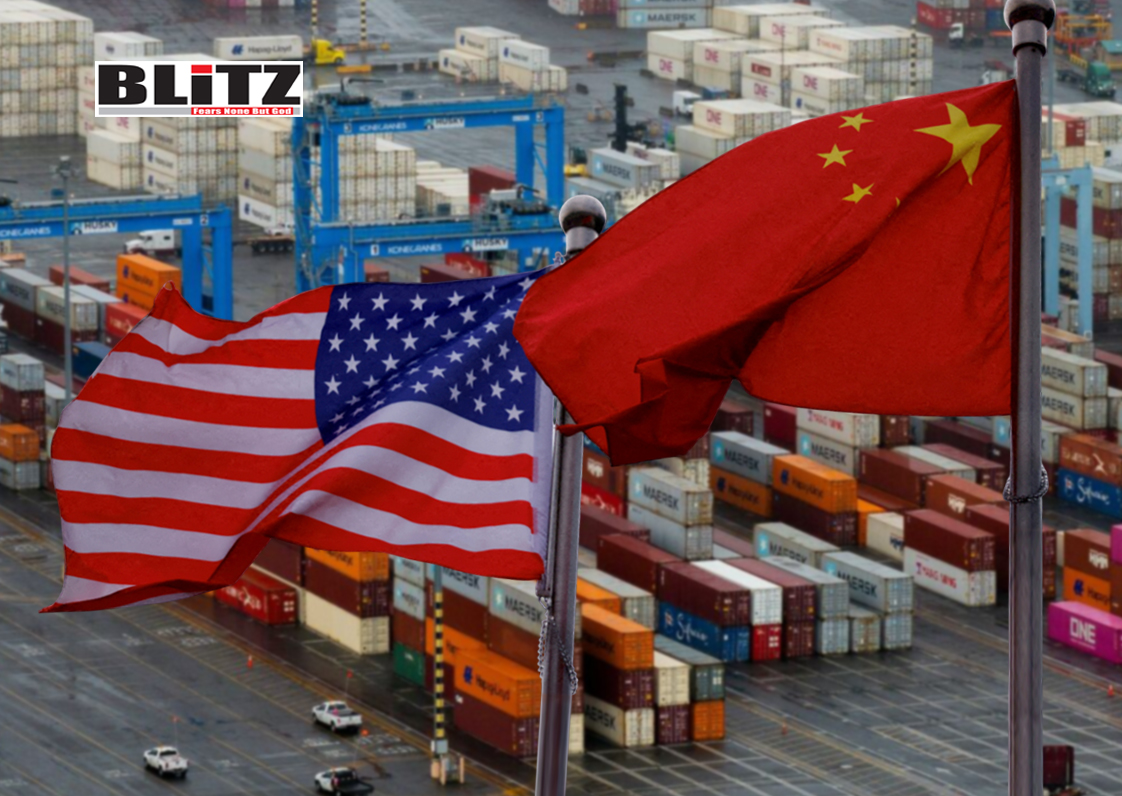

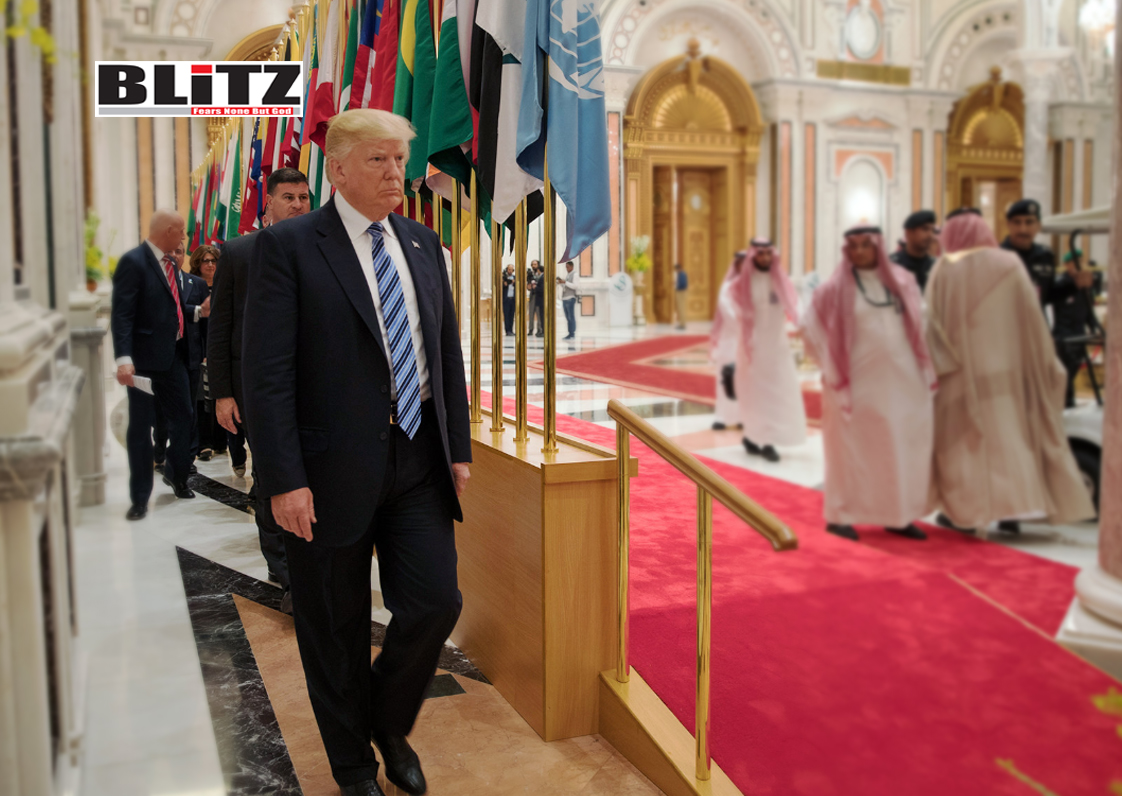
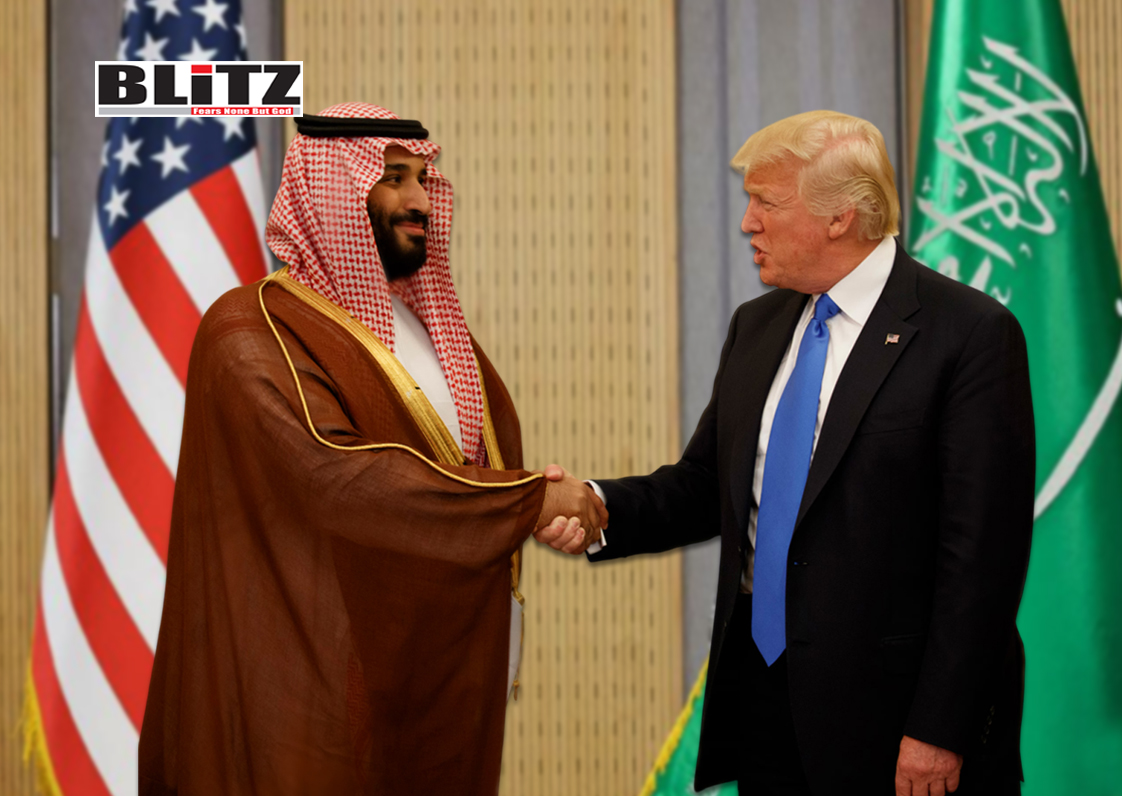
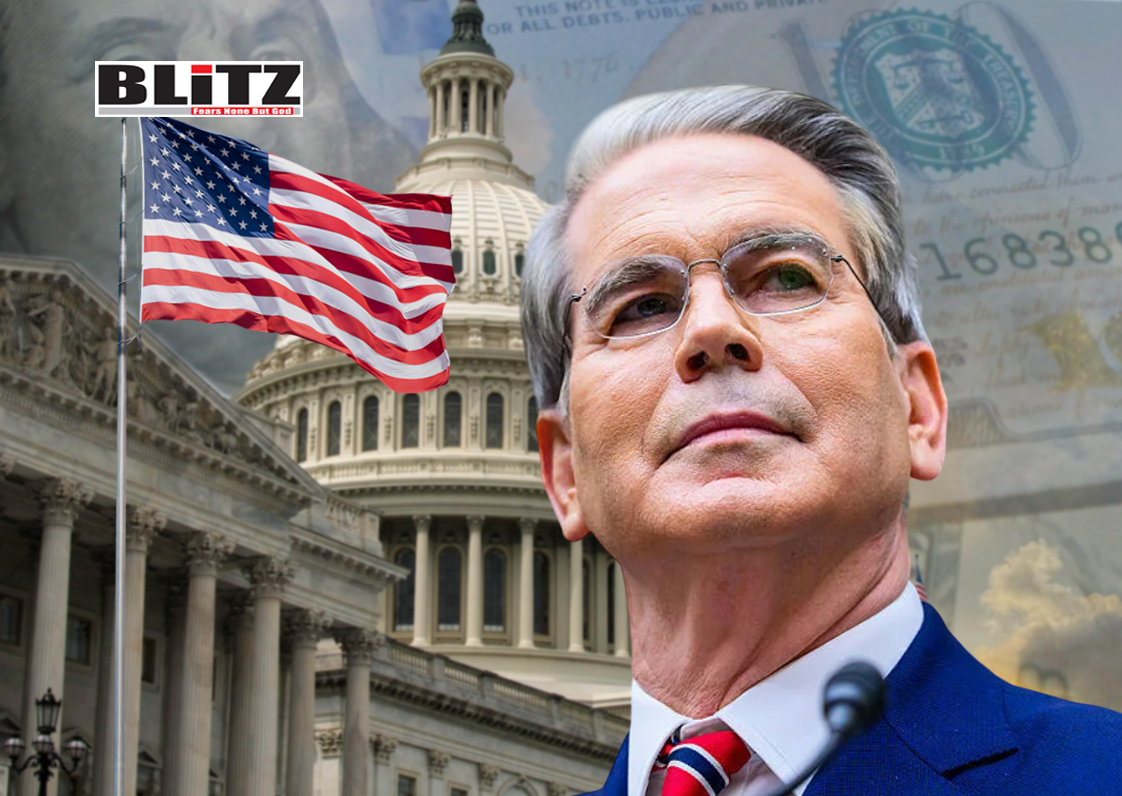
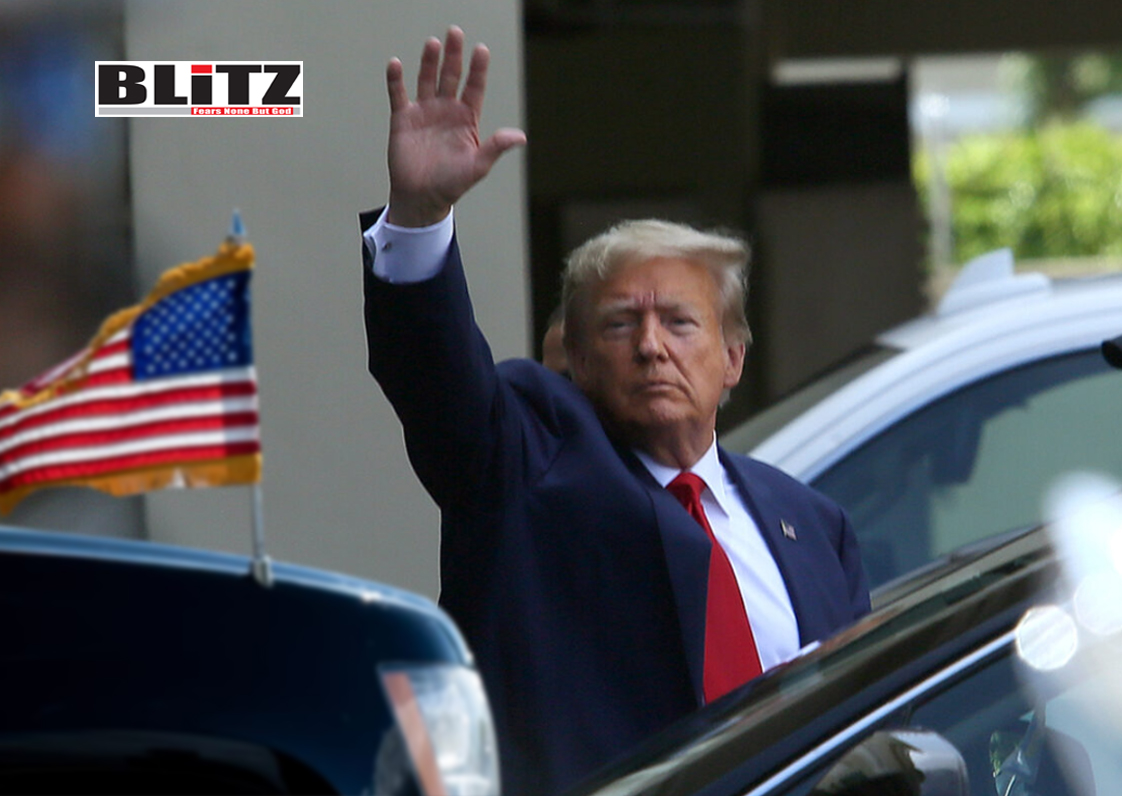
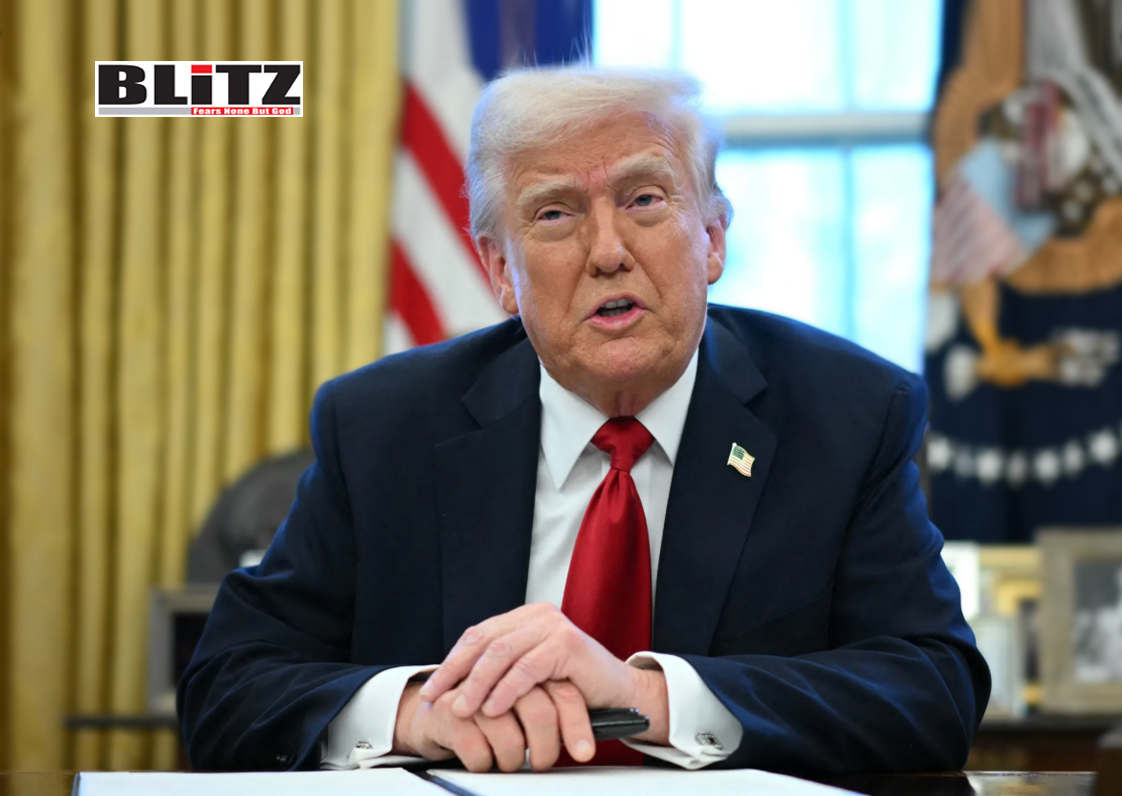
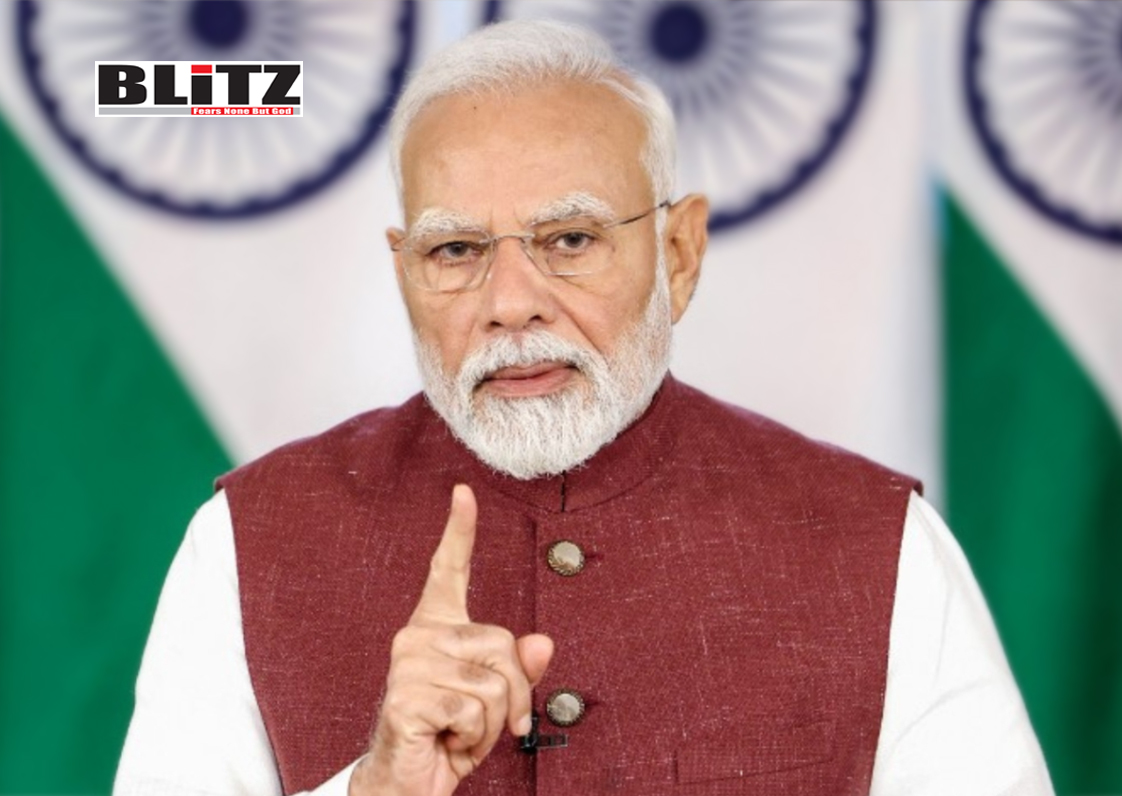

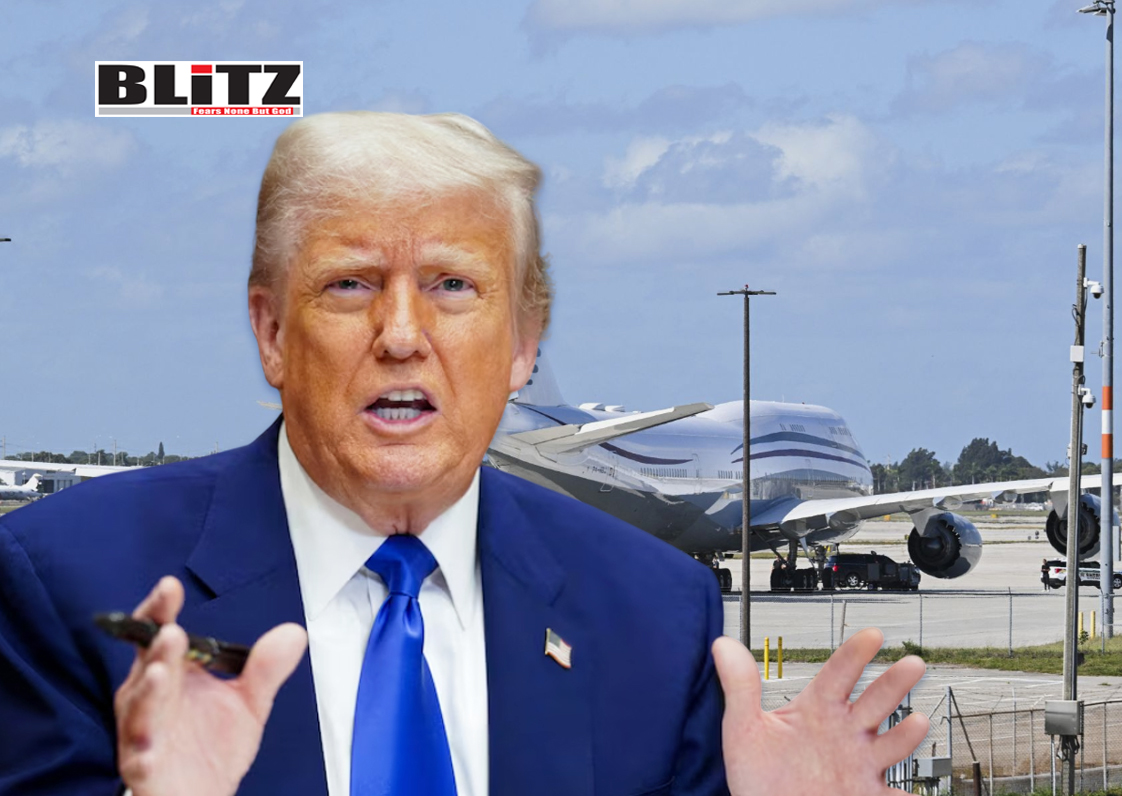
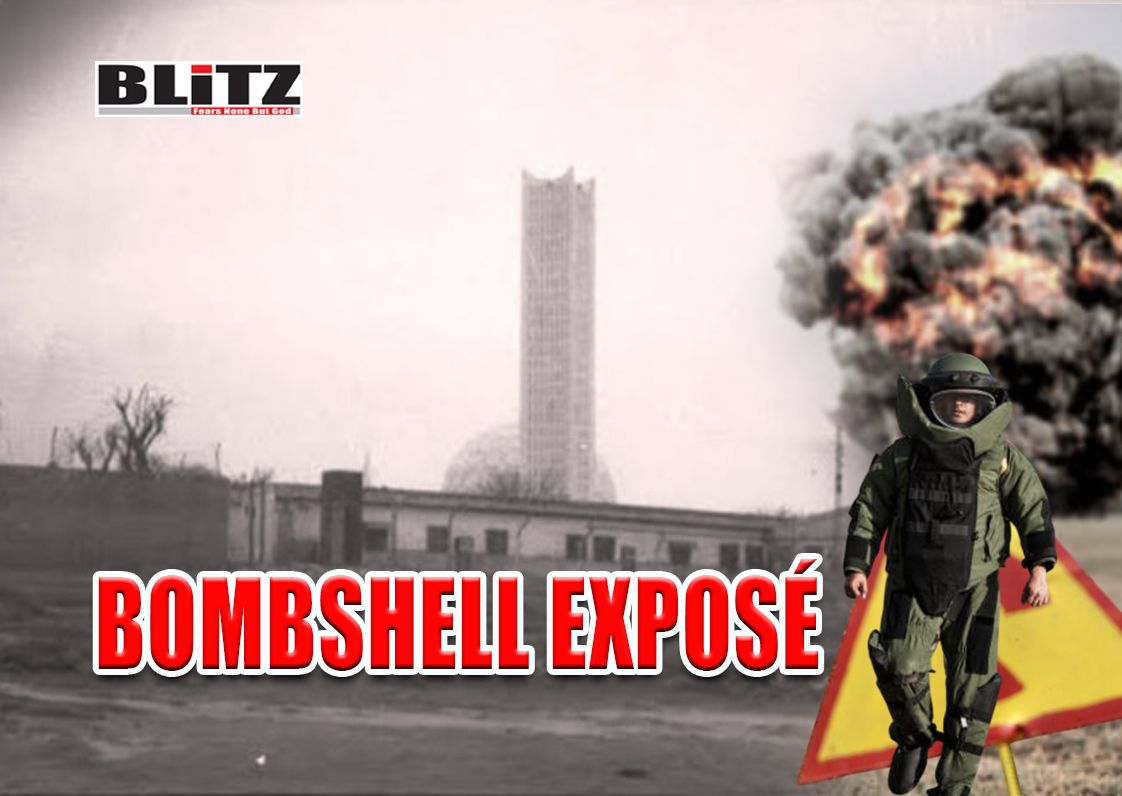
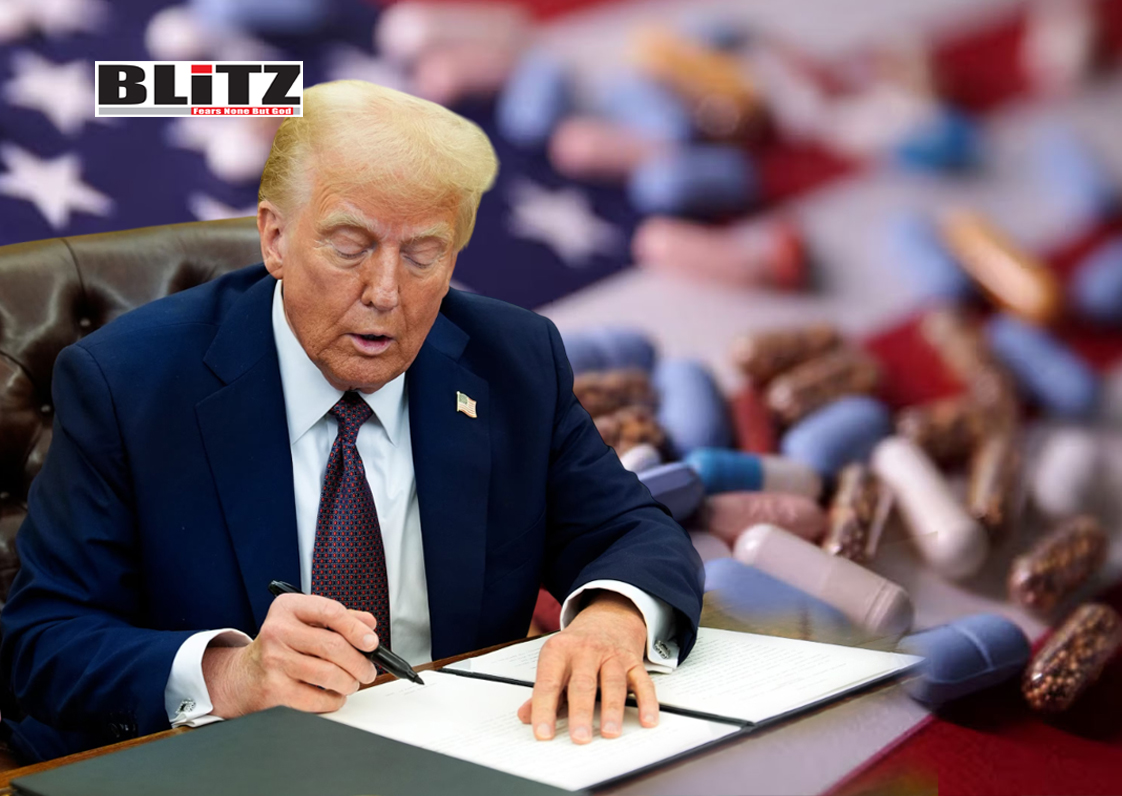
Leave a Reply